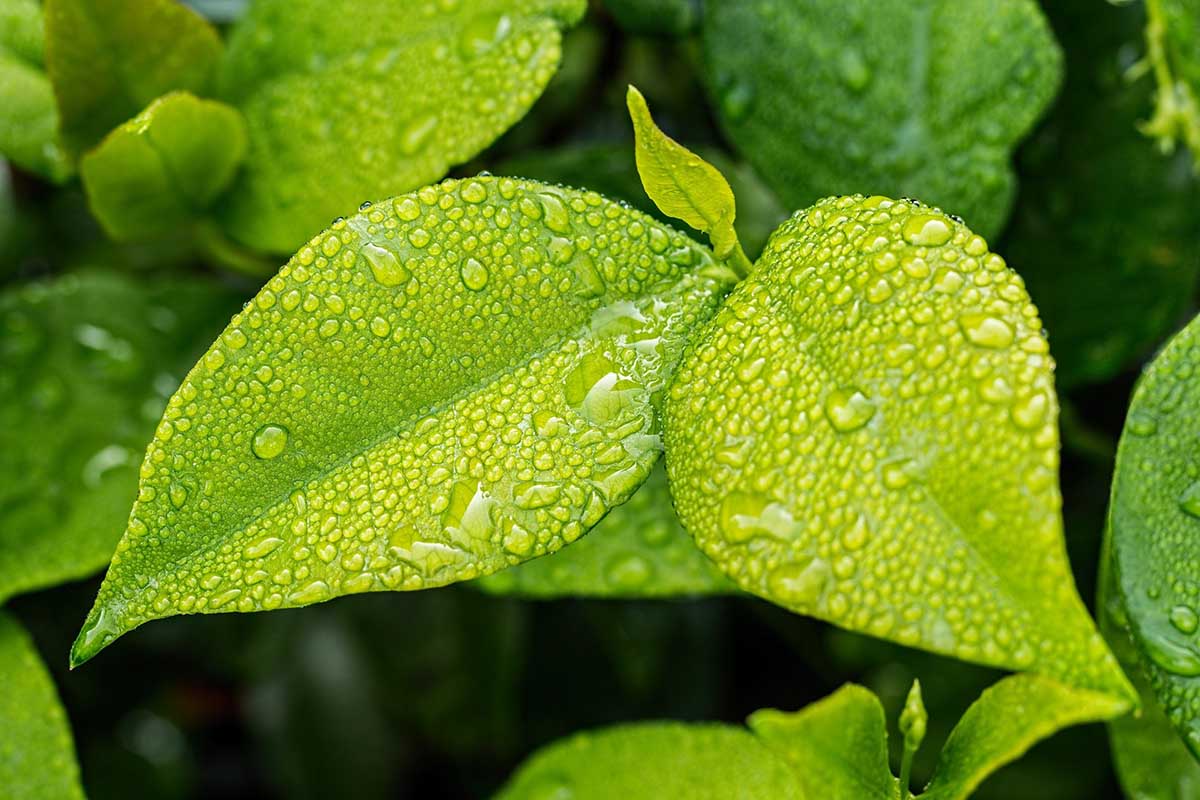Things Industry Should Be Doing
Factories, assembly lines, treatment centers, the industrial sector of our society affects all of our lives. Not only does this industry manufacture a lot of goods that we use, but their practices also affect the environment and our drinking water.
There are harsh standards that the industrial world must follow to keep us safe, but sometimes, companies are not up to standard. Whether you work in industry or are concerned with its effects on your life, here are a few things that the industrial world should be doing to keep us safe.
Avoid Water Run-off
One of the top ways that the industrial world can affect the environment is through water run-off. When a construction company or factory is doing work and wants to clean up their waste or anything that has spilled on the ground, they should not use water to wash away their leftovers.
When industrial companies wash the ground where they work, the water captures toxins, oils, and dirt and drains them into rivers and streams. That water will eventually affect the fish that are getting caught and the food that humans are eating. Also, the water can seep into the soil, affecting crops, the grass, and the animals that eat the grass.
There are other preventative and environmentally safe ways to clean up a job site, and a good company will have those tools at their disposal for proper, safe cleanup.
For example, if a company uses metal drums to store corrosive chemicals, they can use Drum liners and pump sensors to help keep these dangerous chemicals contained. Making small changes like these will help prevent spillage and water contamination.
Use Technology to Keep Things Clean
Our drinking water is essential to our survival. We use water for everything from cooking to bathing to drinking. Technology is out there to keep the areas where our drinking water is treated clean. Manways are tools that help clean the inside of vessels and vats to keep the contents pure.
Water towers, drums, and treatment centers can all use manways to keep the vessels that our drinking water runs clean and up to standards. If toxins or oils get into the drinking water, an entire community can be sick.
The upkeep of these facilities is of the utmost importance. The sources of all drinking water are reservoirs. Keeping water clean at its source will help prevent anything from tainting the supply.
Environmentally Safe Materials
Concrete leaves a huge carbon footprint, and it should be avoided. There are concrete alternatives available that won’t leave so much carbon around. Materials like hempcrete are more environmentally sound.
Hempcrete is made from hemp and will break down in the environment more easily when it is discarded. It is solid as concrete and will stand up to anything concrete can handle.
Wool insulation is another great alternative to usual insulation that will stick around and won’t break down in the environment, causing it to affect the soil and drinking water if it is not discarded properly.
These alternatives may cost a few extra dollars, but having the peace of mind of knowing your drinking water is safe and the environment is safe is worth making some adjustments.





















